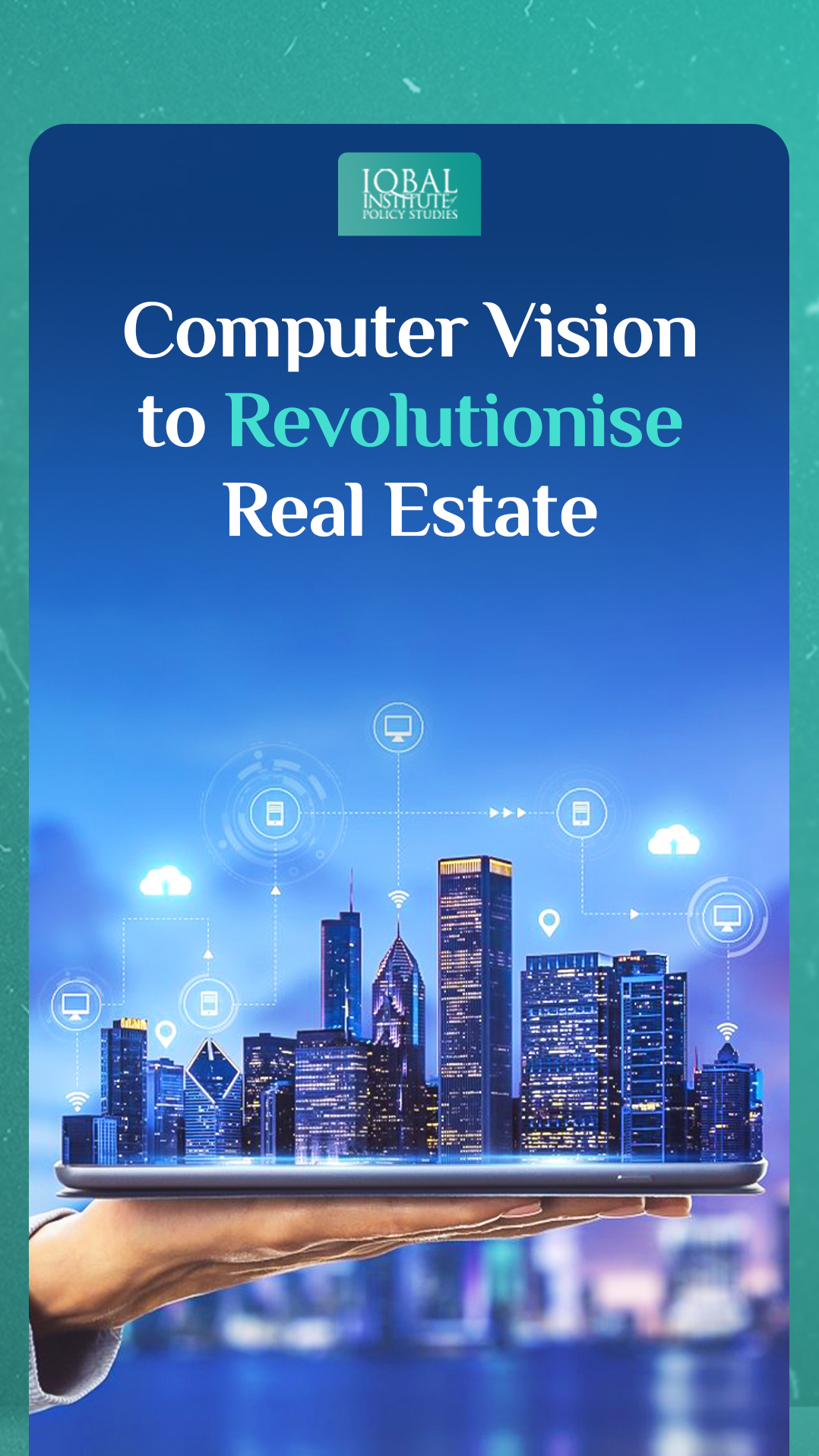Globally, the real estate industry is considered one of the most lucrative sectors of a country’s economy. The sector promotes several other allied industries, contributing a large portion to the country’s economic growth. Development in the real estate sector can be further promoted by using innovative technologies. Globally, several new technologies have been introduced in the real estate sector aiming to enhance efficiency by bringing innovation into the sector. The technologies include Artificial Intelligence, Machine Learning, the Internet of Things, Blockchain technology, etc. Due to the recent surge in demand for homes, real estate companies are looking for future technologies to increase efficiency and provide a better customer experience. A new technology that is creating hype nowadays in the real estate market is Computer Vision.
Computer vision (CV) is basically a subset of Artificial Intelligence that uses deep learning, a type of Machine Learning and neural networks to help computers make predictions rapidly, at scale. It runs analyses of visual data (pictures, videos, etc.) over and over until it detects distinctions and recognises images. If AI allows a computer to think, a CV allows them to see. Currently, computer vision technology is applied across different fields including manufacturing, marketing, healthcare, fintech, etc. According to estimates, the CV market was valued at $13.7 billion in 2019 and this figure is expected to increase up to $24.3 billion with an average growth rate of 7.7% from 2020 to 2027. Similarly, it is believed that the new technology can bring revolution in the property sector. In the real estate sector, the CV can be used to find the right property for clients, conduct real-time tours, and estimate accommodation costs. The technology gives a comparison of a house’s value with its characteristics, such as square footage, number of floors and rooms, allowing people to find the property with the best value-to-quality ratio. It also reveals hundreds of property attributes from listing photos that are typically not captured as part of the listing information. It creates property details for listing just from images and identifies matching properties quickly.
Pakistan’s real estate industry has experienced rapid growth over the years. However, it is believed that the sector’s real potential is not fully utilised due to the challenges faced by the industry. Many real estate experts believe that these challenges can be addressed by using digital technologies. To attain the full potential of this lucrative sector, the government needs to focus on introducing modern technologies in the sector through short and long-term reforms. In the short term, the authorities need to facilitate AI business in the country by removing restrictions on the import of technological gadgets that could be helpful in enhancing business operations through digital means. Introducing emerging technologies in the real estate sector will bring transformation for better efficiencies, cost reduction, and enhanced decision-making to deliver better customer experiences and satisfaction. For long-term reforms, there is a need to develop a policy framework that helps to increase data security, improve performance, and generate more revenue. Currently, most of Pakistan’s real estate companies still fall under the ambit of Prop tech 2.0, revealing that there is still a long way to go for Pakistan to truly embrace and reap the benefits of emerging real estate technologies.



Leave a Reply